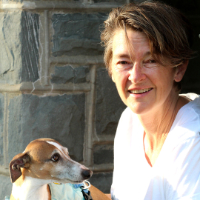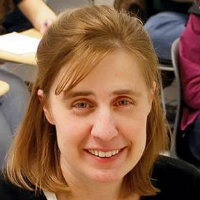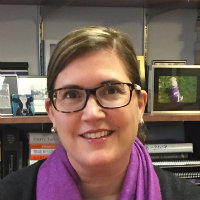Our graduate faculty are scholars and practitioners from fields including technical communication, health and medical writing, scientific communication, digital writing, professional editing, user experience, disability studies, and more. WRTC faculty provide students with close mentorship and career advising.

Lori Beth De Hertogh
Associate Professor and WRTC Graduate Program Director

Jen Almjeld
Professor and Undergraduate Internship Coordinator

Angela Crow
Associate Professor

Meghalee Das
Assistant Professor

Susan Ghiaciuc
Associate Professor

Scott Lunsford
Professor

Laura Miller
Associate Professor and Executive Director of the Learning Centers

Alex C. Parrish
Professor

Michael Smith
Professor and Director of the School of Writing, Rhetoric and Technical Communication

Mollie Stambler
Assistant Professor

Traci Zimmerman
Professor and Dean, College of Arts and Letters
